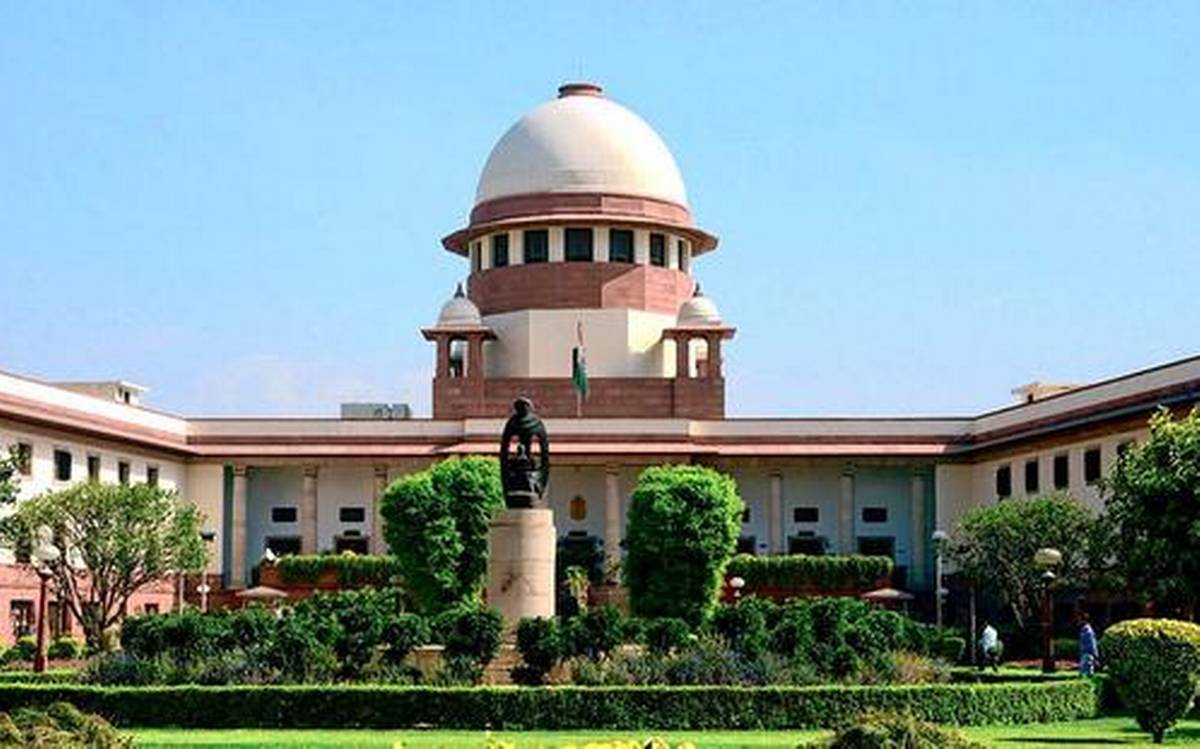Synopsis: The Apex Court was hearing a appeal against a Jharkhand High Court order by BJP MP Nishikant Dubey limiting worshippers to virtual darshan at Deogarh Baidyanath Temple during Shravani mela.
The present pandemic scenario has put the world at a halt. It has influenced every human’s life beginning with corporate tycoons to small vendors. All the places including temples were closed to reduce the spread of this virus among the people.
After a 2 month long – lockdown, the government is slowly opening up various sectors of the economy in an unlocked manner-process.
Meanwhile, numerous pleas for the opening of worship places in the country had been submitted at the Apex Court.

On 31st July, the Supreme Court heard BJP MP Nishikant Dubey’s plea against the order of Jharkhand High Court, restricting worshippers to virtual darshan during Shravani Mela at Baidyanath temple, Deogarh.
The Supreme Court questioned the rationale of keeping worship places closed even after the lift of the lockdown, saying “e-darshan is indeed no darshan.”
Justice Arun Mishra, heading a three-judge Bench, said that when the whole country is opening up, then why should only religious places to be remained shut down. The temples, mosques, and churches should also be opened, at least on important occasions.

Dubey had sought the Jharkhand High Court’s approval for the shravani mela which is held annually at the Baidyanath temple, but the permission was subsequently, denied. His lawyer Samir Malik argued that although priests have been given permission to enter temples, the doors are still shut for devotees.
He had referred to a recent Supreme Court order allowing Rath Yatra in Odisha under some conditions, urging the high court to approve the “Kanwar Yatra” and to open the shrine to devotees during Shravan’s holy month starting from 6th of July, as per rituals.
On 3rd July, on the backdrop of the Covid-19 pandemic, the Jharkhand High Court denied permission to hold the annual Shravani Mela at the said temple. The High Court had directed the government to organize virtual prayers for worshippers. The supreme court refused to stay the decision of the High Court.
Senior advocate Salman Khurshid, representing the Jharkhand government, cited that the state’s lockdown had been extended until 31st August, and the passed orders can’t be revoked just two days before the festival. He submitted that the state government had announced to close all temples and mosques in the light of the ‘COVID-19’ pandemic.
He asked the court that it is difficult to expect the State to “select” devotees who can enter into the temple. The senior lawyer said that this opening could not be achieved immediately, even though the state could still “innovate” a system for choosing individuals to be allowed to enter.
Additional Advocate General for Jharkhand, Tapesh Kumar Singh, said that the lanes leading to the temple were congested, and social distance would be difficult to be monitor.
When asked for his opinion, the Solicitor General Tushar Mehta, referred to temples in Ujjain in Madhya Pradesh, which has started an Aadhaar card-based online darshan scheme. The devotees were given different time-slots. They had to wear masks when lining up for darshan and keep a physical distance.
The Bench observed that when the lockout restrictions are lifted in the state, the Jharkhand government may consider opening places of worship. It said that their suggestion of opening temples must be in tune with social distancing norms and other precautionary guidelines when the lockdown is relaxed.

